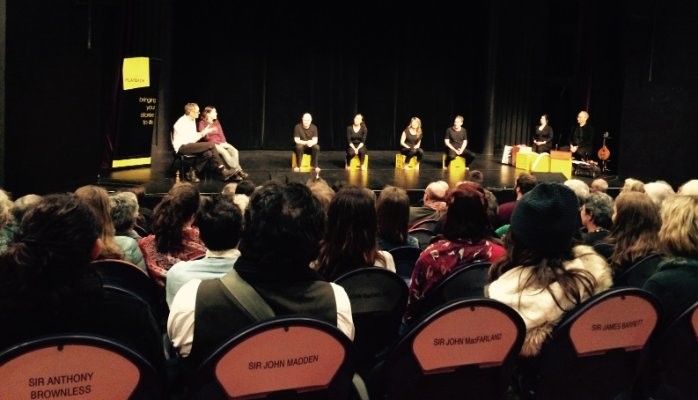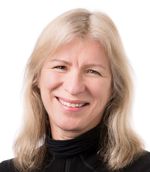Our Climate – Personal Stories, Global Change
with Melbourne's Playback Theatre Company and panel members Professor David Karoly, Professor of Atmospheric Science, School of Earth Sciences and the ARC Centre of Excellence for Climate System Science, The University of Melbourne, Dr Stephen Bygrave, CEO, Beyond Zero Emissions, Ms Isabella Morand, Climate activist, 350.org, and Ms Marita Davies, Kiribati-focused writer/producer.
National Science Week (SWk) has once again come and gone. With over 1500 events across Australia it remains the biggest national festival in Australia. When you see science teamed with art, music, theatre, sport and the environment across the program, that might explain how it gets to be the biggest. In a complex news and entertainment ecology, clever science communicators are experimenting with new ways to make science more standard cultural fare.
At Our Climate – Personal Stories, Global Change, Melbourne’s Playback Theatre Company (Melbourne Playback) taught local science communicators how to use the tools of theatre to engage with our many publics.
Researching an earlier review, I had asked Mike McEvoy, the Co-Artistic Director of Melbourne Playback, what they would do with a standard science panel discussion. Their plan, informed by over 30 years of work, would be to follow up the discussion with activities designed to ‘air the unspoken’. After consulting other Melbourne Playback members and my Victorian SWk Committee colleague, Dr Renee Beale, we all agreed that it was an idea worth trying for 2015 and Playback did the rest. Their focus? Climate Science.
Entering a fairly bare stage, with a few chairs and microphones, the four panelists were invited to participate in what was a conventional first act – taking about ten minutes each to share their understanding of climate change, how it is influencing their actions and how they are adapting their lives around their concerns. The short Q&A that followed was well-managed and informative. So the panelists remained ‘protected’ from the more free-wheeling second act. However, the ‘casting’ of science ‘talent’ for such an event is still very important. World authority on climate science, David Karoly*, was an excellent choice: relaxed, playful, engaging and willing to share personal stories – important for this event. The other speakers were equally generous, sincere and informative.
Following a musical interlude which gave the audience time to reflect on the panelists’ stories and our own, Melbourne Playback’s Danny Diesendorf mingled amongst the audience and teased out one word responses to elicit feelings arising from those stories. The actors and musicians reflected this in mood, mime and song. Themes started to emerge – with Bob Brown being quoted saying that he is ‘beyond depression’ resonating with the crowd.
Next, Danny invited a single audience member to join him on stage, to choose one of the four actors to play them and then talk more about what matters to them about climate change. ‘Tina’ described her time in Peru working with local communities as they watched their glaciers melt, David Karoly's wife shared some stories about being married to a world famous climate scientist, and ‘Mike’ revealed his gradual awakening to the issues through personal connections made with fellow students in the Australian Youth Climate College. As each story was acted out in a variety of ways by the actors and musicians, the richness of each person’s experience was captured beautifully. The nuances and complexity of the debate slowly unfolded on stage.
Tina’s Peruvian friends captured the mood best: “the scientists keep coming and measuring, but we are the ones who can change it.” What emerged was a general feeling of hope, of not being overwhelmed by the seeming intractability of our politicians, but just to find a place from which to act and seek support to maintain energy from like-minded groups.
Ironically, in ‘airing the unspoken’, Melbourne Playback brought its own warmth to a National Science Week event devoted to discussing global warming. That warmth invited empathy and understanding whereas sometimes ‘just the facts’ can keep people cold and aloof. Some people would have left the theatre proud of the passionate people who are acting now, others cautious to avoid being smug and self-righteous, and perhaps most of us motivated to find effective ways to act and respond to the growing facts about global warming. But we had also spent an entertaining, memorable and heartwarming evening with some incredibly talented artists whose ability to transform a statement into theatre and music, with no preparation but lots of clever arts, was thrilling to watch.
This event was held at Union House Theatre, University of Melbourne | 7-9pm, Friday 14 August 2015
Thanks to Melbourne Playback members: Karen Berger, Sermsah Bin Saad, Ian David, Alan Davies, Danny Diesendorf, Rachael Dyson-McGregor, Ananth Gopal, Andrew Gray, Ernie Gruner, Allen Laverty, Mike McEvoy, Diana Nguyen, Michelle Nussey, Wendy Rowland, Alexandra Sangster, Emily Taylor, Lenka Vanderboom
Online reviews
“excellent art on despair and hope”
“It would be incredibly powerful if one or more of the big environmental [societies] would work with MPTC to take a show like this ‘on the road’ around (regional) Australia.” Read full review by Marc Hudson.
“Wonderful night! Must figure out how to get the MPTC to Shepparton for it is a wonderful way to keep the climate change conversation alive.”
#playbackclimate
More details
People came and they paid money. There were 120 people and only two walkouts, which is not bad for a cold Friday night in Melbourne. Once the artists were paid (something science institutions have to get used to doing!), Playback was passing any proceeds on to 350.org.
This event was promoted through Playback, SWk (Victoria and Australia), University of Melbourne, the Royal Society of Victoria and shared social networks. Of the 120 people there was an even split of male/female and 20-35yr olds and 50-70 yr olds. Asked by a show of hands what their background was, 25% said science, 25% education, 15% worked with their hands and 20% were from creative industries. The rest were 'other',
* While it wasn’t mentioned on the night, during that same day, David Karoly learned that he had been awarded the prestigious Royal Society of Victoria's Medal for Scientific Excellence in the category of Earth Sciences. The citation read: Professor Karoly has been ‘a global leader in the development of the detection and attribution of global climate change… Heavily involved in the assessment work of the Intergovernmental Panel on Climate Change (IPCC) as both Contributing and Lead Author, he shared in the award of the 2007 Nobel Peace Prize awarded jointly to the IPCC and Al Gore for "efforts to build up and disseminate greater knowledge about man-made climate change, and... lay the foundations for the measures that are needed to counteract such change."’ Read full citation.


